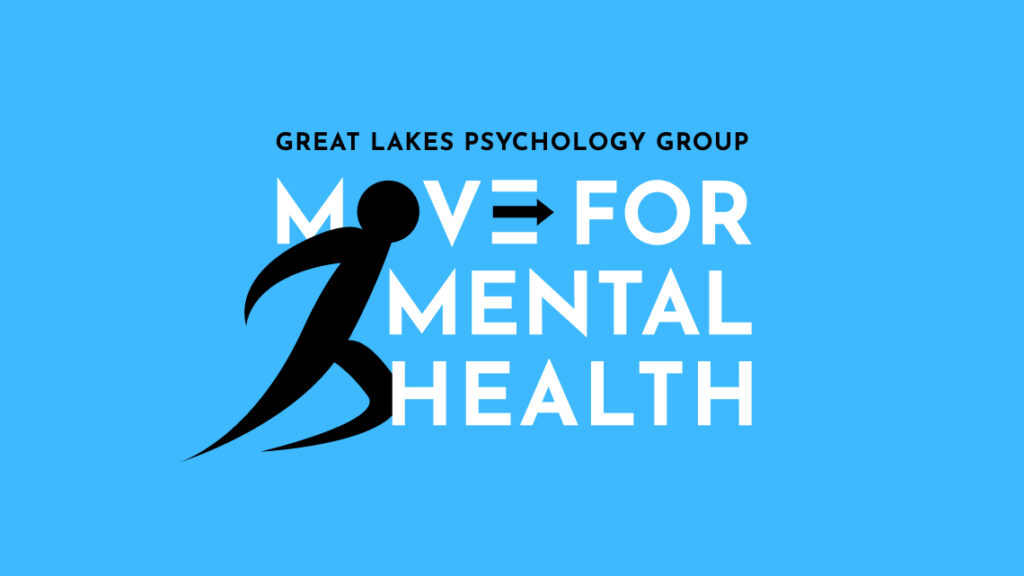5 Mental Health Benefits of Exercise

Curious about the mental health benefits of exercise?
It’s long been known that regular exercise is an important pillar of physical health, but more recently, we’ve come to better understand the benefits of physical movement for mental health as well. Practices like aerobic exercise (e.g., running, brisk walking, cycling, swimming), weight training, and mind-body exercises like yoga are just a few examples of the many ways to enjoy the mental health benefits of movement.
What is mental health?
“Mental health” is a big umbrella term that refers to a person’s mood, level of functioning, quality of relationships, cognitive abilities, overall outlook, and more. The quality of a person’s mental health is determined by a complicated web of factors including their genetics and other biological factors as well as environmental factors like socioeconomic status, access to healthcare and education, and life experiences. But lifestyle factors, including exercise, can have major impacts on your mental health as well. Learn more about the mental health benefits of exercise.
5 mental health benefits of exercise:
1. Boosts mood
If you’ve ever exercised, you’re probably already familiar with the powerful mood-boosting effects of movement. According to the American Psychological Association, you can expect a mood boost within five minutes of completing moderate exercise. But the benefits of exercise aren’t just short-term: there’s evidence that active people are overall less likely to be depressed. Some research even suggests that regular exercise can be equally as effective as antidepressants for improving mood in people with moderate depression. Next time you exercise, take note of how you feel before and after your workout; staying mindful of the immediate benefits of exercise will help you stay motivated to work out again.
2. Reduces anxiety and stress
In addition to promoting a sense of well-being, exercise also has the power to reduce negative emotions by buffering your “anxiety sensitivity”, or how sensitive or reactive you are to physical indicators of stress and anxiety. Think about some of the common physical sensations of anxiety: sweating, racing heart, overheating, etc. Sounds a lot like the body’s response to exercise, right? The more you increase your heart rate through exercise, the less emotionally reactive you become to these physical sensations when you’re stressed or anxious.
3. Better sleep and more energy
According to the National Sleep Foundation, people who exercise regularly also tend to get better sleep. Better sleep is also linked to improvements in mental health, so the relationship between exercise, sleep, and mental health is probably multi-directional in that each of these factors compound on the others. Here’s a tip: try getting your workout done earlier in the day; earlier workouts have been linked to better sleep, whereas workouts too close to bedtime might have the opposite effect of making it harder to relax and fall asleep.
4. Sharper memory and mental alertness
Exercise has also been linked to improved memory and thinking skills. When you feel sluggish and foggy, it’s harder to come up with creative solutions to problems or to feel motivated. On the contrary, mental “sharpness” improves your overall sense of well-being.
5. Improved self-esteem
When you complete a workout, you’re rewarded with a sense of having achieved something worthwhile and in line with your goals and values. You feel proud of yourself for getting it done. If you keep it up, you feel yourself getting stronger and your stamina improving. All of this is in service of improving your self-esteem and self-worth, which are important components of mental health.
Getting started
If the idea of incorporating more exercise into your routine feels overwhelming, remember that it’s okay to start small. Check out our blog for tips on creating new habits. Exercise is just one component of the much more complex picture of mental health. A licensed therapist can also offer effective solutions unique to you.
Ready to prioritize your mental health?
Great Lakes Psychology Group is here to help. With an extensive network of caring therapists available to meet online or in-person, we make it easy to find the right fit for your unique needs.




